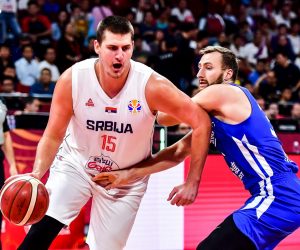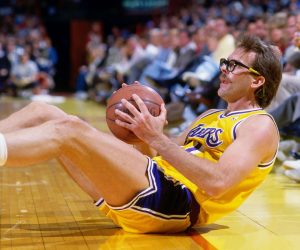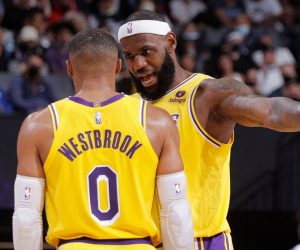The age-old debate over which NBA player should be anointed the greatest of all time reaches a fever pitch come playoff time. And with good reason. While there is no shortage of NBA players who have established themselves as stars with standout play during the regular season, only players who have demonstrated an ability to take their game to an otherworldly level merit consideration in the GOAT debate.
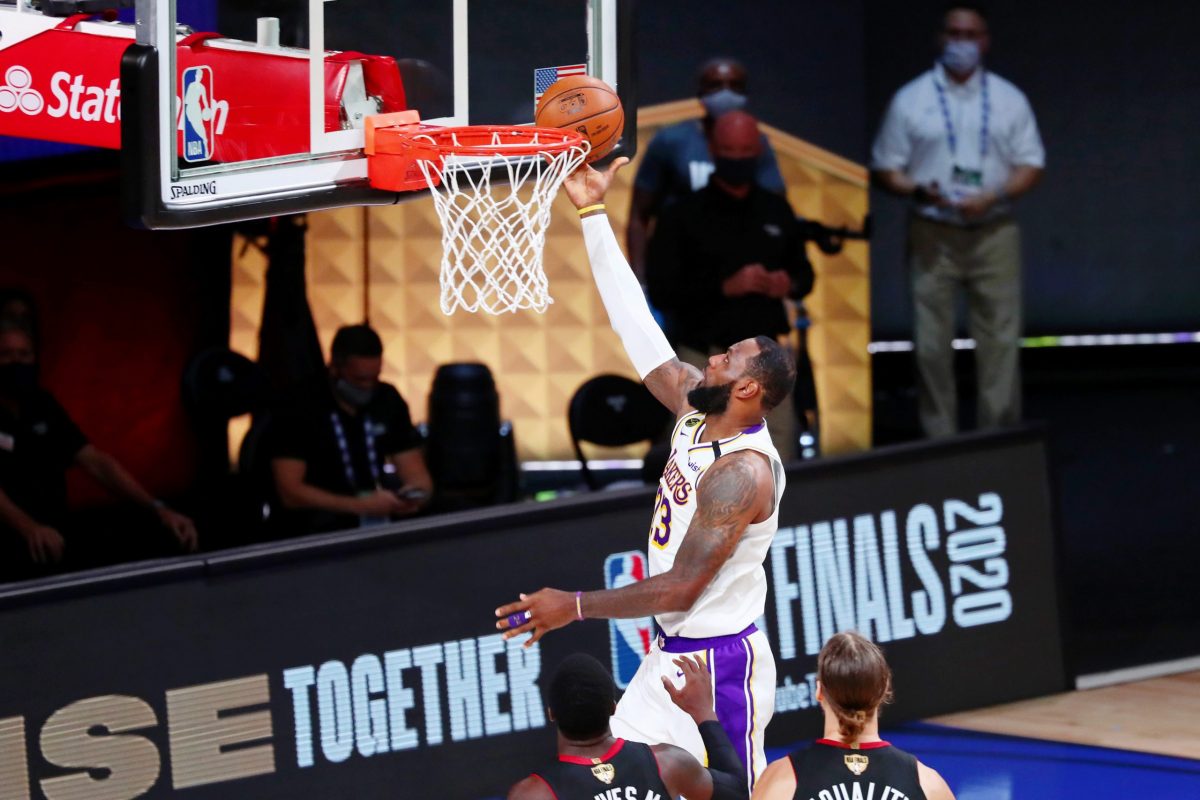
Of course, Michael Jordan and LeBron James continue to top the list of GOAT candidates. However, it is important not to overlook other NBA stars whose epic performances in the NBA Finals make them worthy of consideration to be called “The Greatest Of All Timeâ€.
With this season’s NBA Finals now upon us, here’s a look at the shortlist of players to include in your next GOAT debate.
Michael Jordan – Chicago Bulls
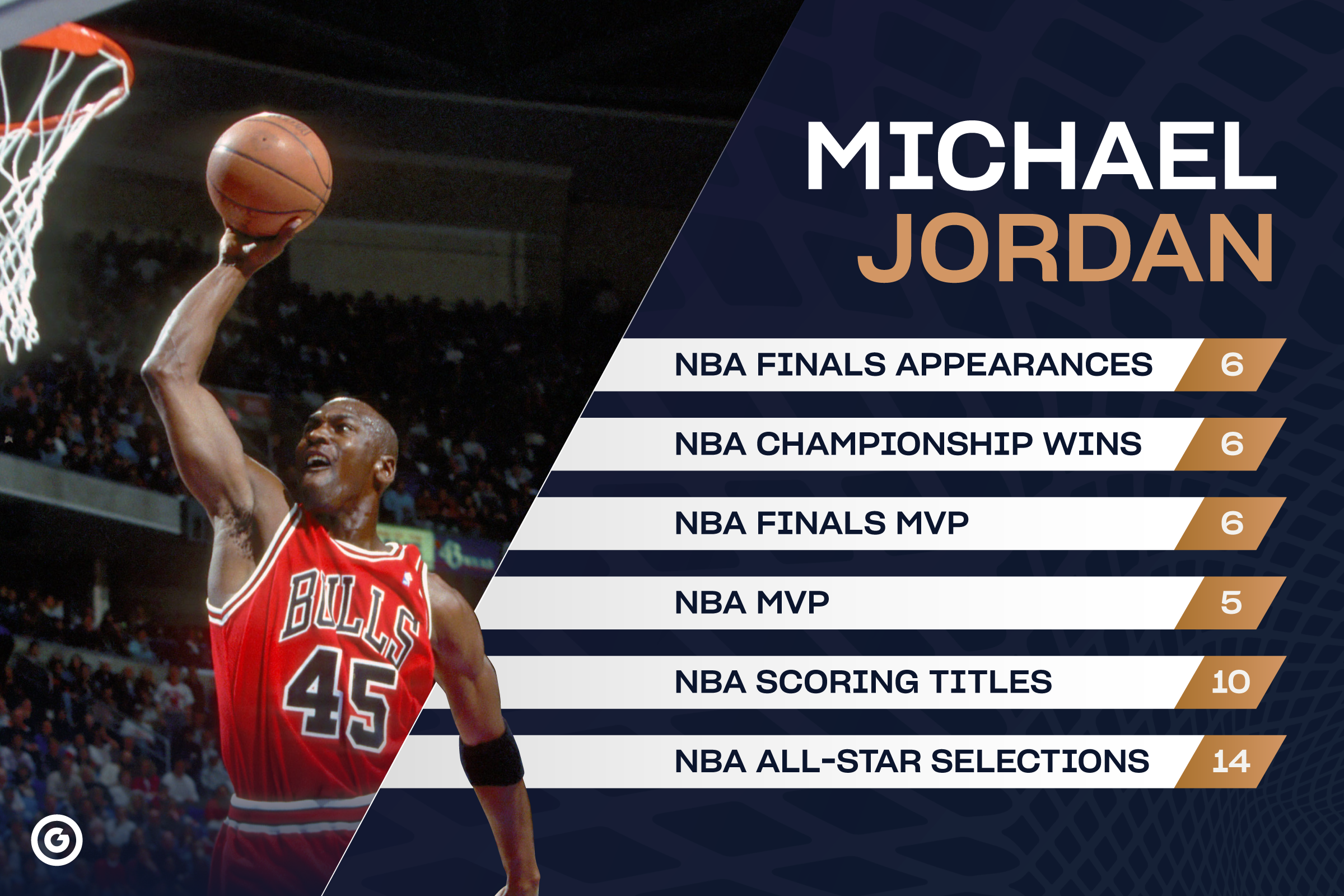
The gold standard by which all other candidates are measured, it is harder to prove that Michael Jordan is not the NBA’s GOAT than to make the case for any other player. Not only the frontrunner in the NBA GOAT debate, Jordan’s dominance on the hard court has to put him front and center when debating who the greatest athlete of all time is.
“MJ†did it all during an NBA career that spanned two decades. Named NBA Rookie of the year in 1985, Jordan would go on to win 10 NBA scoring titles and earn NBA All-Star honors on 14 occasions. But more important was Jordan’s exploits during the postseason. Winners of just three total playoff series in franchise history, the Chicago Bulls emerged as a dynasty in the 1990s, with Jordan leading the club to NBA titles six times in as many appearances.
Hard times have fallen on the Windy City since Jordan left town in 1998. The Bulls have managed to get past the first round just four times in 12 playoff appearances, reaching the eastern Conference Finals just once over that stretch.
LeBron James – Cleveland Cavaliers, Miami Heat, Los Angeles Lakers
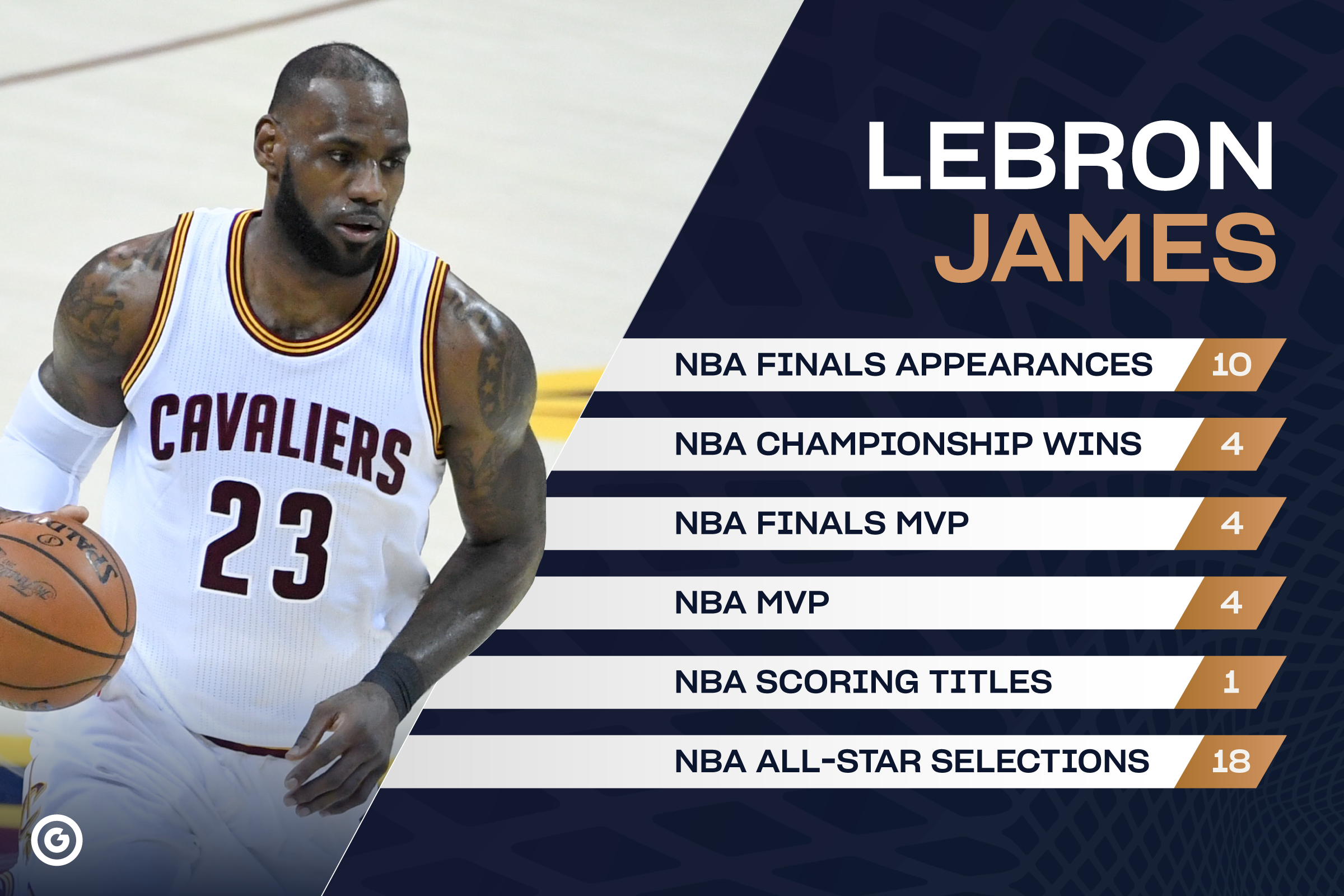
The player most often mentioned alongside Michael Jordan in the NBA GOAT discussion is LeBron James. But how does King James stack up in comparison to Air Jordan? For starters, James is the only player in NBA history to win NBA championships with three different teams.
However, the four-time NBA Finals MVP has managed to win just four titles in 10 total appearances in the NBA Finals. James also outpaces Jordan with 18 appearances in the NBA All-Star Game, and has been named to the NBA All-Defensive First Team on five occasions, but has emerged as NBA scoring champion just once over his two-decade career.
If you are to make the top criterion for inclusion in the GOAT debate success in the NBA Finals, the edge must go to Jordan. But if that is that case, there is also one player who cannot be left out of the conversation…
Bill Russell – Boston Celtics
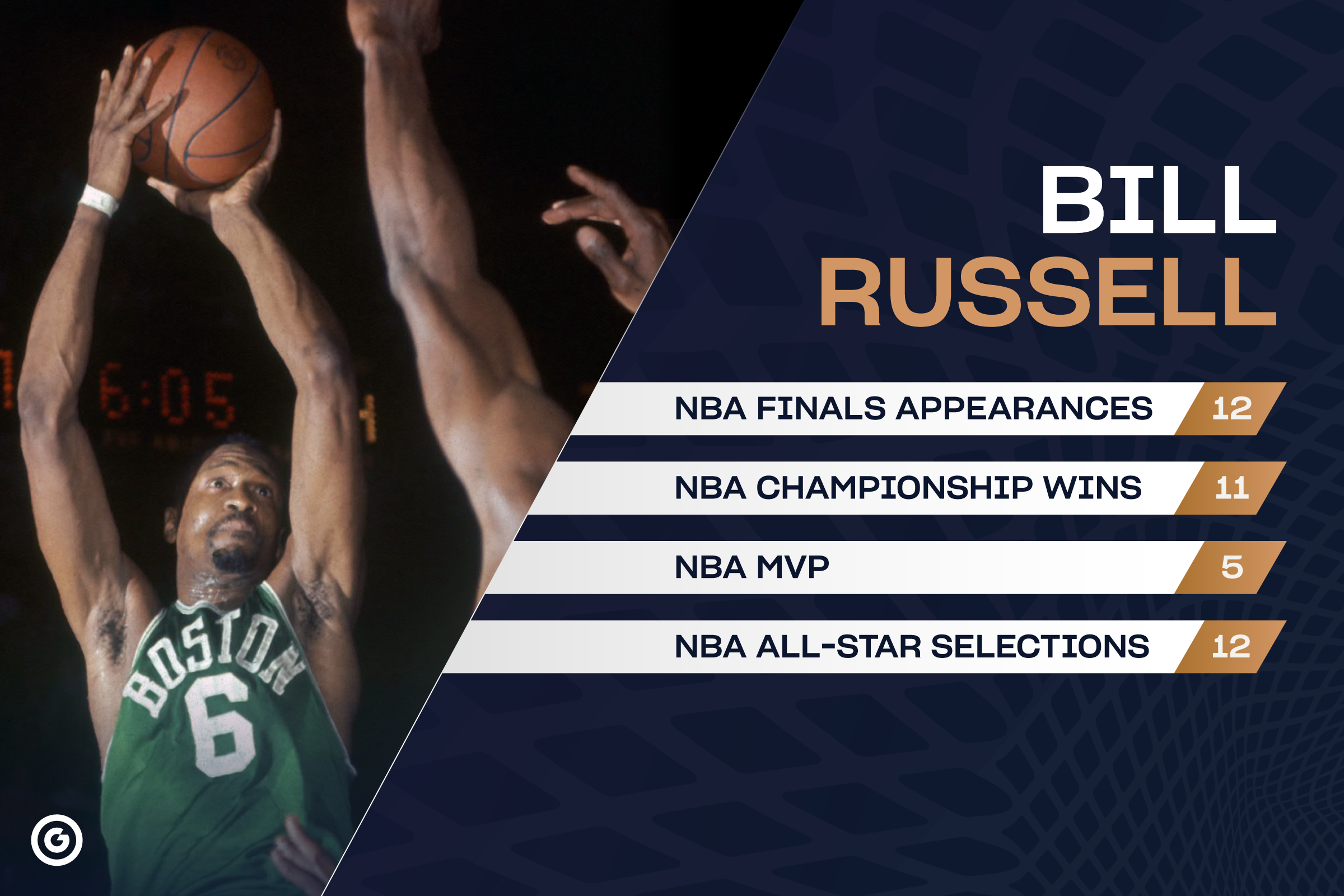
Fans of Michael Jordan are quick to point out MJ’s perfect 6-0 record in the NBA Finals when making their NBA GOAT case. Unfortunately, few of those are old enough to remember the most prolific champion in NBA history, Bill Russell. Winners of just two playoff series in franchise history before acquiring Russell at the 1956 NBA Draft, the Boston Celtics quickly emerged as a dynasty with the Louisiana native in the lineup. The club kicked off an epic run of 10 straight trips to the NBA Finals in Russell’s rookie season, including nine championship wins.
Russell never averaged more than 19 points per game in a season, a fact that leaves him well behind the likes of Jordan and James in the GOAT debate. But it is important to note that Russell played during an era when three-pointers didn’t exist, and scoring came at a much higher premium. Indeed, what Russell may have lacked on offence, in comparison to MJ and King James, he made up for with outstanding defensive play that earned him five NBA MVP awards and 12 trips to the NBA All-Star Game.
And while the argument can be made that Russell never won NBA Finals MVP honors, the reason is pretty simple. The award hadn’t been created yet. But when the league finally got around to introducing the honor in 1969, they named it after the obvious choice: Bill Russell.
Kareem Abdul-Jabbar – Milwaukee Bucks, Los Angeles Lakers
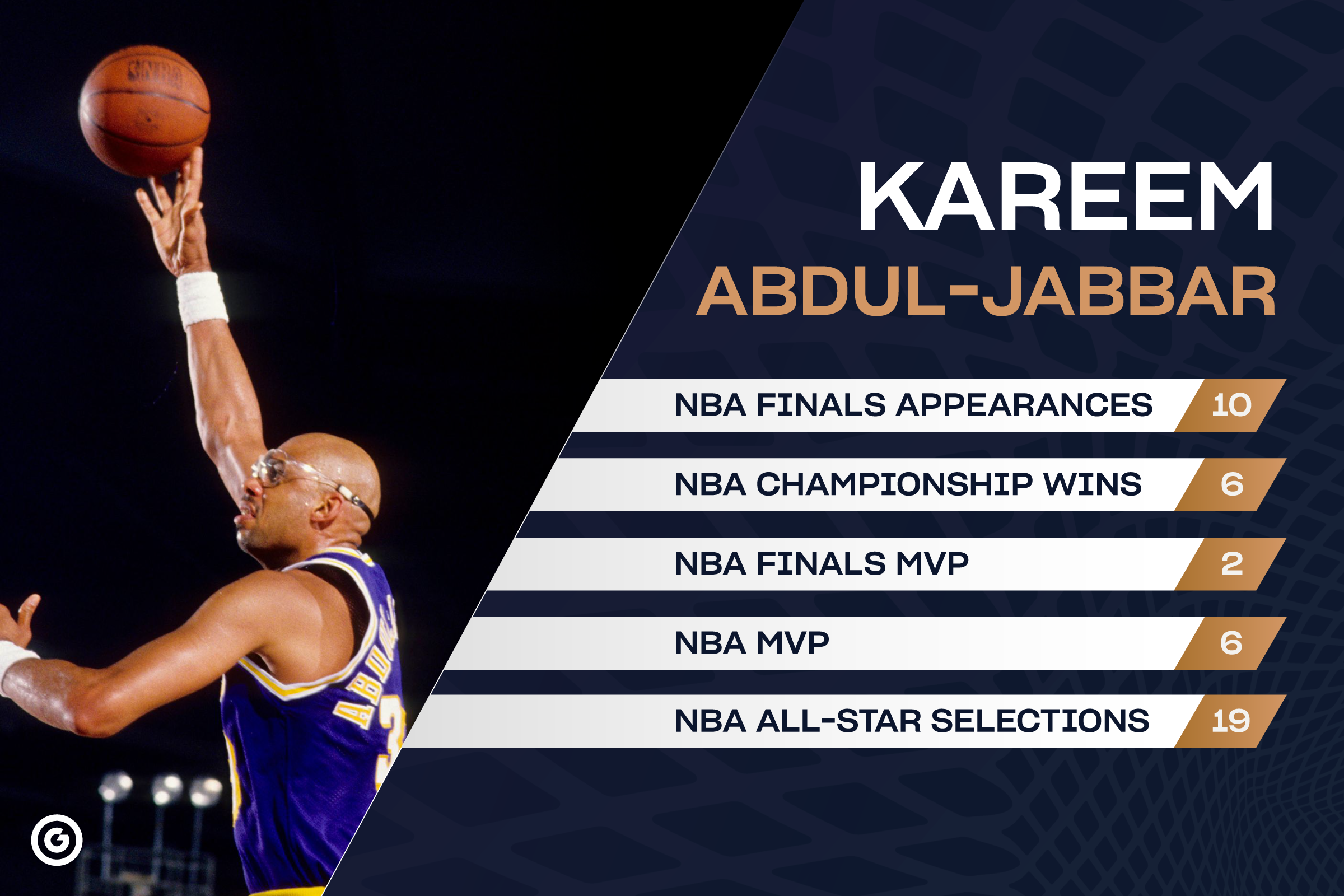
Few players in NBA history have had as dramatic an impact on a team as Kareem Abdul-Jabbar. Selected by the Milwaukee Bucks with the first overall pick in the 1969 NBA Draft, the young man then named Lew Alcindor spurned a massive contract offer from the ABA’s New York Nets to join the fledgling Bucks, and his impact was both instant and dramatic.
With Abdul-Jabbar claiming the first of two NBA scoring titles and the first of six NBA MVP awards, the Bucks rocketed to the top of the NBA standings with 66 wins. The club followed with a sensational Playoff run, losing just two total games over three series on their way to the NBA Championship, with Abdul-Jabbar claiming NBA Finals MVP honors.
Abdul-Jabbar’s departure from Milwaukee for the Los Angeles Lakers in 1975 marked a return to the wilderness for the Bucks, and a resurgence for the Lakers, who had struggled over the previous two seasons. However, with the New York native leading the offense, the Lakers would reclaim dynasty status during the 1980s with eight NBA Finals appearances and five victories.
Abdul-Jabbar played a key role in each of those wins, with his most memorable performance coming in Game 5 of the 1980 NBA Finals, when he led the Lakers to a series-defining 108-103 victory with 40-point performance despite suffering a serious ankle injury that prevented him from playing in Game 6.
